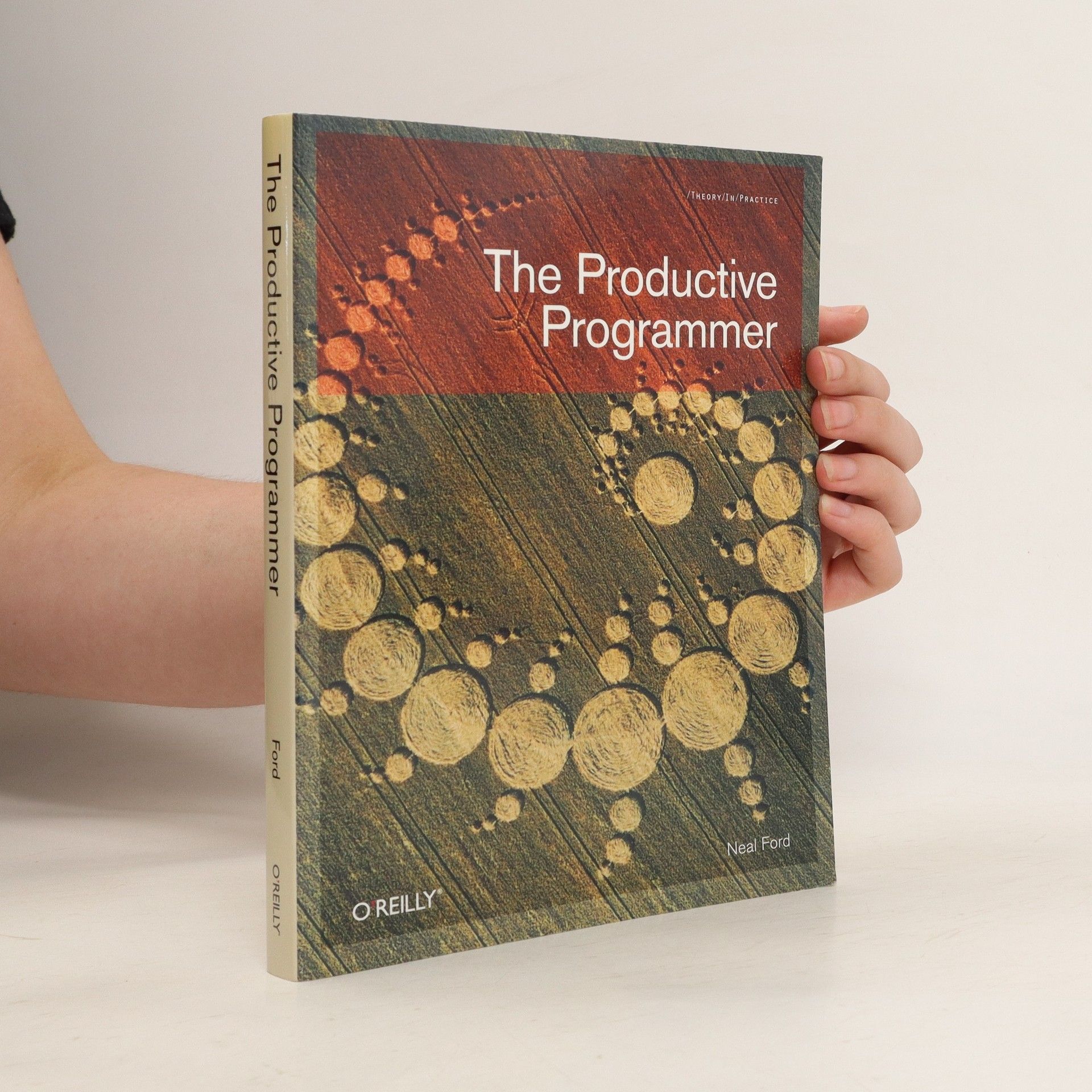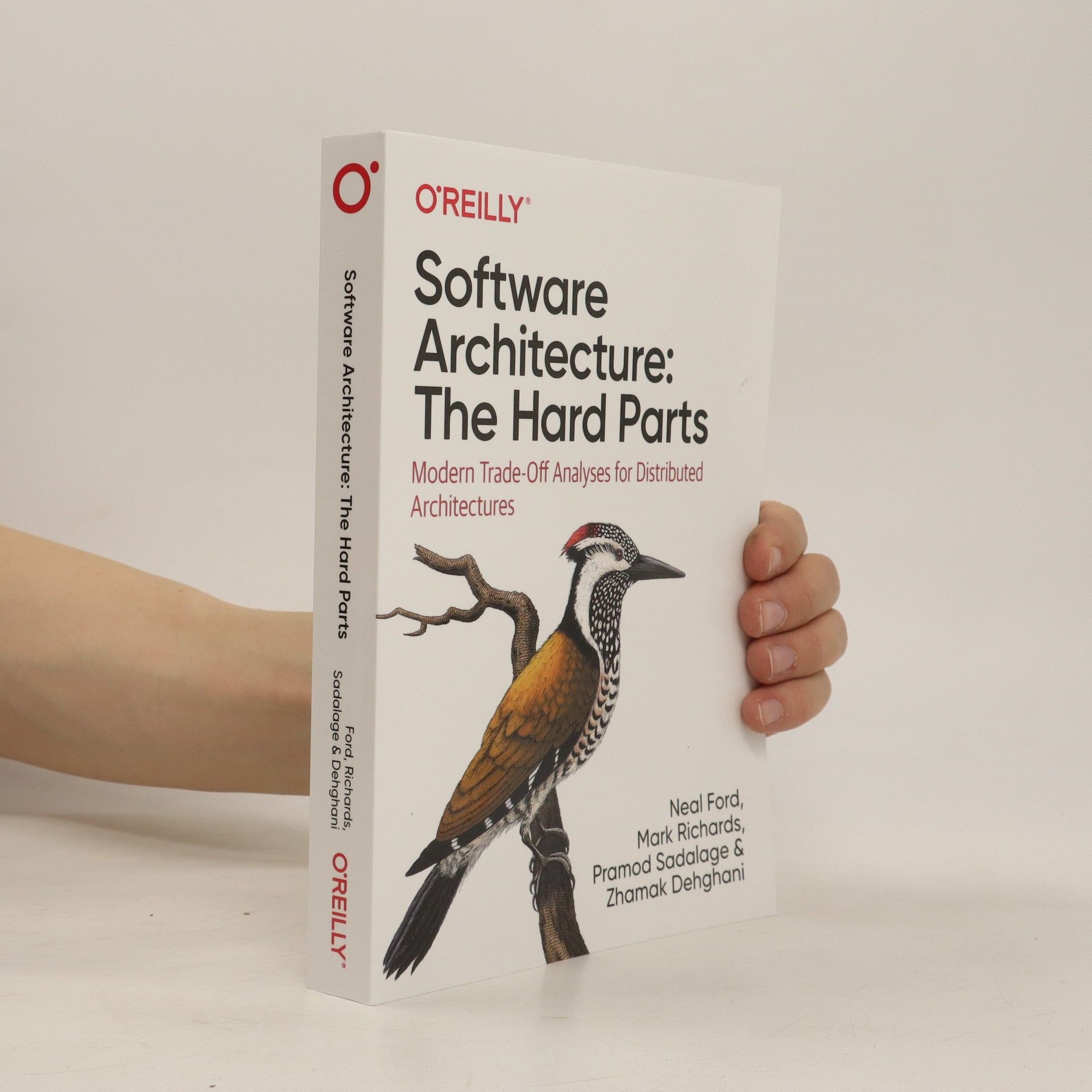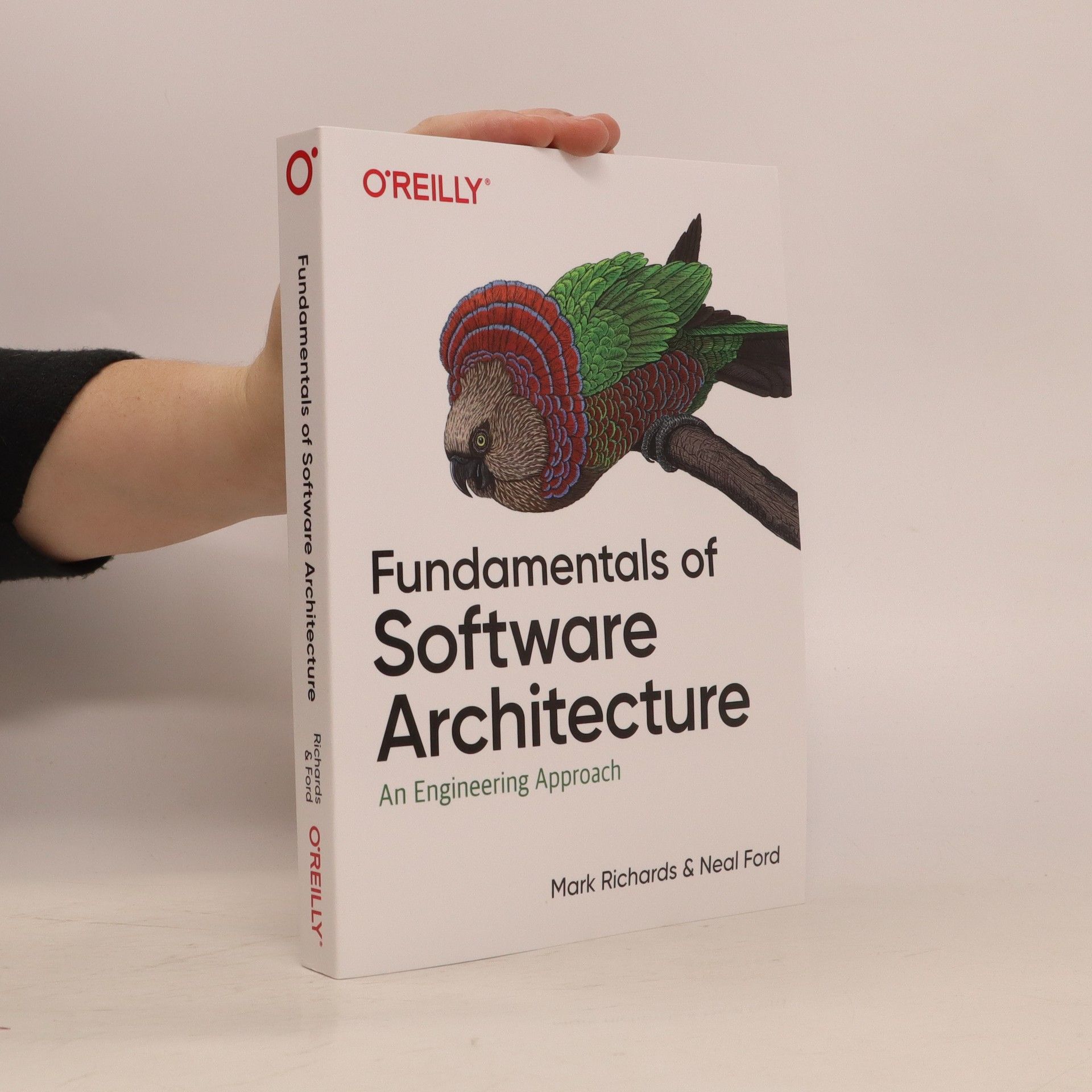Fundamentals of Software Architecture
A Modern Engineering Approach - 2nd Edition
- 543 pages
- 20 hours of reading
Salary surveys consistently rank software architect among the top 10 best jobs, yet a comprehensive guide for developers aspiring to this role has been lacking—until now. This updated edition offers an in-depth exploration of software architecture, featuring five new chapters that incorporate the latest insights from the field. Both aspiring and current architects will delve into architectural characteristics, patterns, component determination, diagramming, governance, data, generative AI, team topologies, and more. Authored by experienced practitioners Mark Richards and Neal Ford, who have taught software architecture professionally, the book emphasizes principles applicable across various technology stacks. It presents a modern perspective on software architecture, reflecting innovations from the past decade. Key topics include architecture styles and patterns such as microservices, modular monoliths, and layered architectures; component identification, coupling, and granularity; essential soft skills for effective team management and collaboration; and contemporary engineering practices influenced by cloud technology and generative AI. Additionally, it treats architecture as an engineering discipline, focusing on repeatable results, metrics, and concrete evaluations that enhance the rigor of software architecture.




